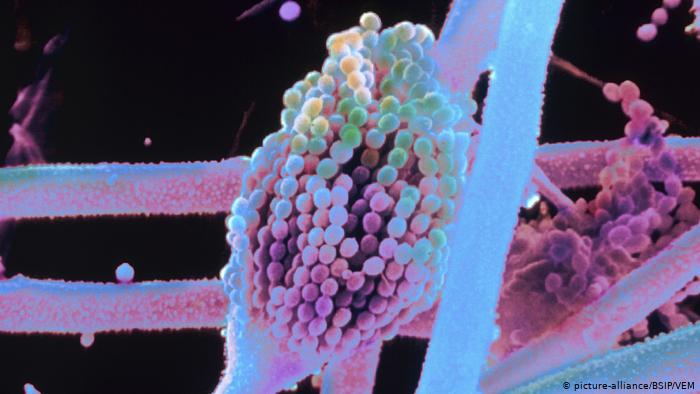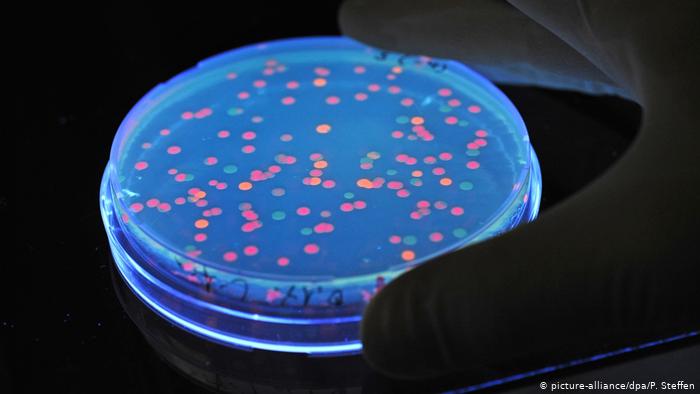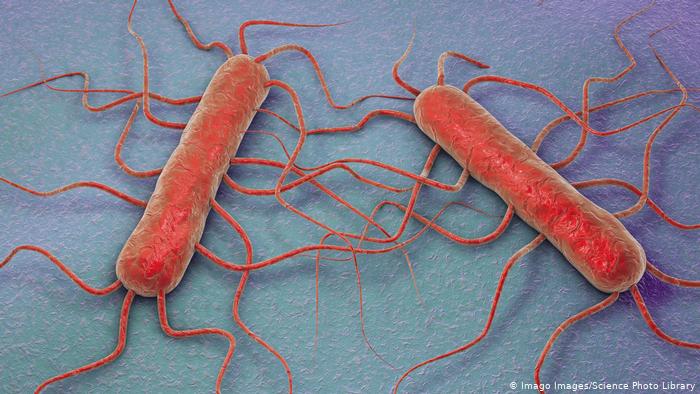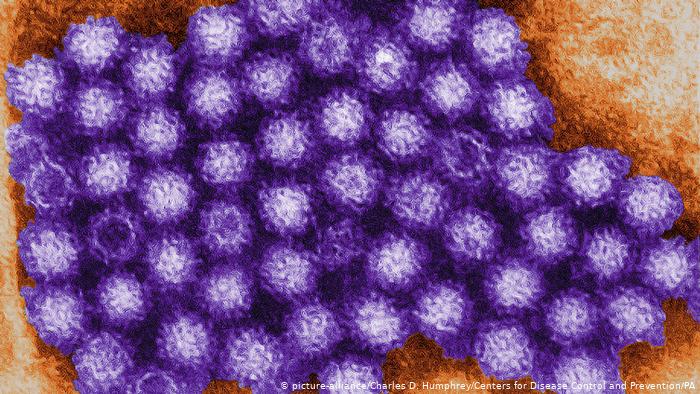Warning to tourists planning to start traveling again next summer: When traveling abroad, they may bring “superbugs” that have become resistant to traditional medicines, A study published this week in the scientific journal Genome Medicine showed.
US and Dutch researchers studied the effects of international travel on the bacteria in our stomachs, analyzing the stools of 190 Dutch travelers before and after visiting tourist sites in Africa or Asia.
After returning to their home countries, travelers’ tests showed a “large amount” of bacterial genes that were resistant to antimicrobials, rendering the use of commonly used antibiotics ineffective.
The researchers also found that a third of participants who traveled to Southeast Asia had a resistance gene to a “last resort” antibiotic, used for example to treat infections such as pneumonia or meningitis.
“These results clearly show that international travel risks spreading antimicrobial resistance around the world,” said Alaric D’Souza, co-author of this work.
Bacteria become more resistant to antibiotics
The genes for these “superbugs” naturally evolve over thousands of years when exposed to antibiotics produced by other bacteria in their environment. However, the routine use of antibiotics by humans has hastened this process.
The study warns that this trend threatens 70 years of progress in treating infectious diseases. According to the researchers, the resistance genes differ according to the places visited.
Scientists were particularly concerned about travelers returning from Southeast Asia carrying the colistin-resistant mcr-1 gene, which is the “last resort” of antibiotics used when others stop working.
“It is critical that we address antimicrobial resistance in low-income countries, with high rates of resistance and low public health budgets. This international approach will not only help the countries involved but may also benefit others by limiting the international spread of resistance genes,” concluded Alaric. D’Souza.
JU (afp, genomemedicine.biomedcentral.com)
-
Bacteria in food: hygiene is essential
Aflatoxins: very common and dangerous
Aflatoxins are mycotoxins, that is, toxins produced by fungi. The most famous fungi are those of the genus Aspergillus, found in corn, wheat, nuts and some seeds. These toxins destroy about 25 percent of plants and fruits worldwide, according to the World Health Organization. It is toxic to humans and has been linked to liver cancer and cirrhosis.
-
Bacteria in food: hygiene is essential
Liver cirrhosis and cancer
Even in small amounts, aflatoxin can cause malformations of the fetus and fetus. In high concentrations, this toxin causes cirrhosis, liver necrosis, and even liver cancer. They are not destroyed when cooked, so it is always important to take care that the food does not contain any kind of fungus.
-
Bacteria in food: hygiene is essential
Salmonella: the enemy in chicken
Salmonella is a bacteria found in the digestive system of many animals. Salmonella infection or salmonellosis occurs when necessary hygiene is not followed when preparing raw meat, herbs or seeds. You should cook food at 70 degrees and wash your hands as well as wash and sanitize utensils when cooking raw meat such as chicken.
-
Bacteria in food: hygiene is essential
Escherichia coli and EHEC
Escherichia coli are bacteria found in our gut, which perform very important functions. It can cause illness, especially in people with weakened immune systems. Of particular danger is enterohemorrhagic Escherichia coli (EHEC), an intestinal bacteria that produces toxins that cause serious intestinal infections that can be fatal.
-
Bacteria in food: hygiene is essential
Bacteria in raw vegetables
Both salmonella and intestinal bacteria die when cooked to at least 70 to 80 degrees. But lettuce leaves, cucumbers and tomatoes can also be contaminated. For this reason, if vegetables are eaten raw, they must be bought fresh and washed well.
-
Bacteria in food: hygiene is essential
Listeria: rare but very dangerous
Listeriosis is a bacteria that adapts well to any terrain, and that includes our food. In the human body, listeriosis can cause sepsis and meningitis, especially in children and the elderly. This is why it is important to boil raw food at 70°C for at least 10 minutes.
-
Bacteria in food: hygiene is essential
Beware of viruses
Norovirus is one of the most common causes of gastroenteritis. Lack of hygiene in food preparation is a way for viruses to enter the body. Norovirus lives for up to 12 days in vegetables and meat. The best way to prevent illness is to wash your hands well, and not just when it’s cold time. and cook at 70°C minimum.
-
Bacteria in food: hygiene is essential
Wash your hands before cooking
Food can actually become contaminated during its production and, if we do not take hygiene measures, while preparing it at home. It is good to know that with a few simple hygiene rules we can avoid diseases of all kinds. The first rule is to wash your hands well before you start cooking.
-
Bacteria in food: hygiene is essential
Golden rules of hygiene in the kitchen
To prepare raw meat, always use knives and cutting surfaces that do not come into contact with raw vegetables. Another thing: when buying frozen food, it should be put in an insulating bag immediately so that the cold chain does not break. Meat and fish should be cooked at a temperature of at least 70°C and should be eaten immediately and not kept for later.
Author: Sophia Wagner















:quality(85)/cloudfront-us-east-1.images.arcpublishing.com/infobae/BNGH73UCKQAZSQPCODUWO2BE5Y.jpg)





